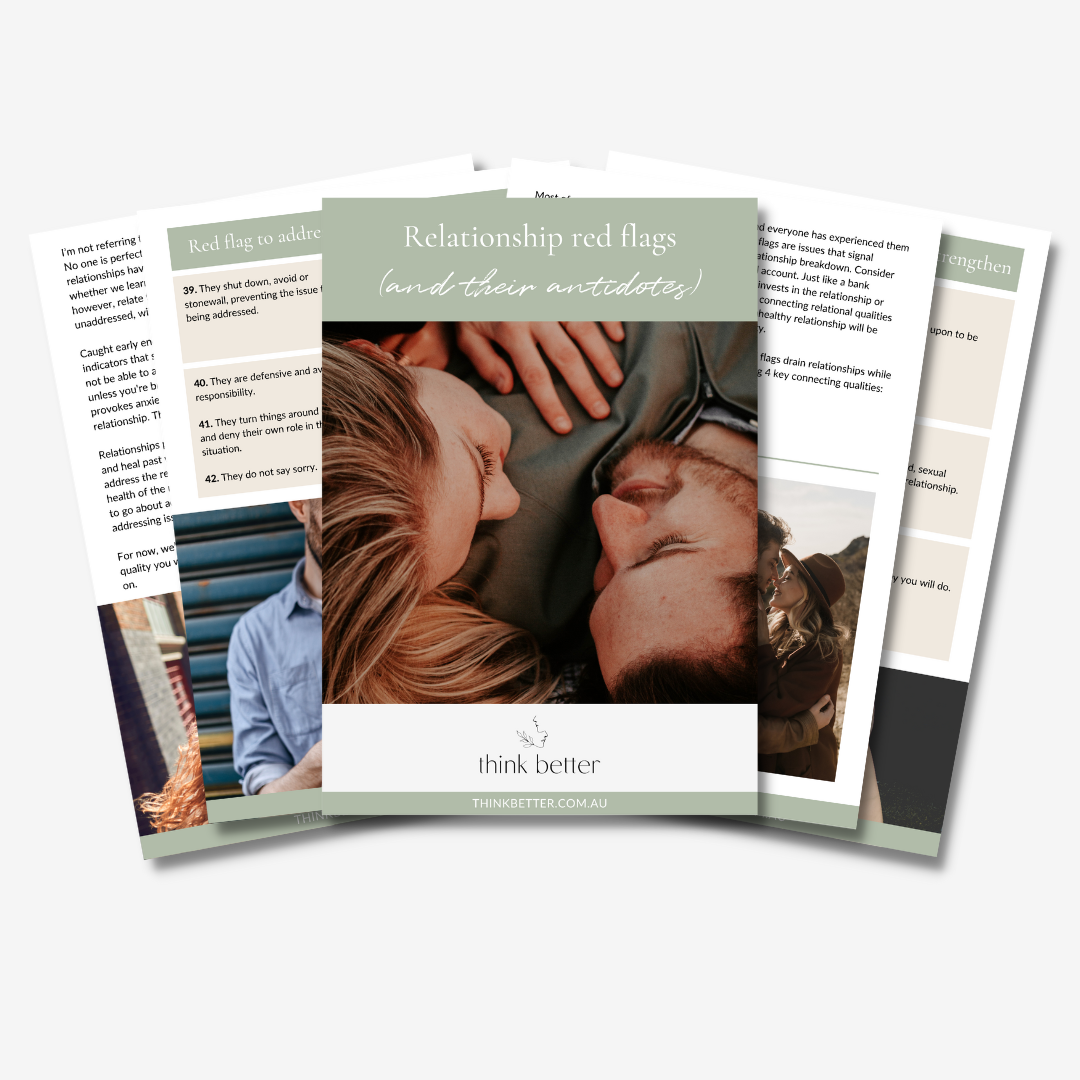There are two things which are at the heart of all conflict. These two simple things are universal to all humans and all conflict. But, the simplest things in life are not necessarily the easiest to do something about. To illustrate the point that simple does not equate to easy, let’s look at an example – losing weight. For most people, you need to eat healthy foods in appropriate quantities and exercise regularly. These concepts are simple but not easy. Yet it is important to know how things work, even if it is simple, so you can do something about it when you are ready to make change.
The mistake most people make when in conflict
Knowledge gives you the power to make change. You need to understand the two things at the heart of conflict for this reason. You can’t resolve conflict if you are unaware of what you need to address to get to resolution. The mistake most people make when in conflict is to try to address the content of the argument. Many people find themselves engaged in a tennis match of words and silences where the goal is to win. This necessarily divides people into opposing stances; most commonly, attack and defend or push and withdraw. Facts and opinions are disputed in misguided attempts to logic away hurt, angry or disappointed emotions. This rarely works.
Understanding makes change possible
We all want to have less conflict in our lives and you can’t achieve that by avoiding conflict, escalating it, or pushing your point. The key to having less conflict is to get better at it. You need to work with it skilfully so it’s important to understand what you need to address.
If you can get a deeper understanding of conflict by identifying what lies underneath it, you will have a much greater chance of effectively resolving it. Not only can you effectively resolve conflict, but you can also find solutions which are desirable to both parties. This type of resolution arises with mutual understanding, soothing of hurt feelings and collaboration to explore alternatives. Conflict ceases only when you have addressed the reasons for its continuation.
The heart of conflict
There are two things at the heart of all conflict:
Fear and Unmet needs
Fear
Essentially at the core of all conflict is fear. Fear can take on many forms and is often underneath other emotions such as anger, withdrawal or contempt. Behind these more protective emotions is often fear. Fear of not being enough, fear of not being heard, fear of not being valued, fear of losing something or fear of failure. Fear can take on many guises – yet it is always fear that is at the heart of conflict.
Emotions stem from your amygdala (the oldest, most reptilian part of the brain) so they are lightning fast and much quicker than logic. Often, you can’t logic your way out of feelings. When emotion is high in conflict your logical brain effectively goes offline. Intense and persistent emotions need to be acknowledged and soothed for conflict to be effectively managed. Fears which are not acknowledged and addressed can sit underneath conscious awareness and quickly resurface in triggering situations. It is then that you find yourself having the same kind of arguments over and over. As one of my favourite sayings goes, What you feel you can heal, what you resist persists.
Unmet needs
Given fear is at the heart of conflict, it makes sense that unmet needs drive those fears. Unmet needs sit alongside fear at the heart of conflict. You may be surprised to hear that understanding fears is useful in conflict resolution.
The fear points to the unmet need. Address the unmet need and the fear goes away. Here’s a helpful way to see the correlation between particular fears and the unmet needs they may point to:
FearFear of being aloneFear of not being good enoughFear of not being heardFear of not being valuedFear of losing someoneFear of failureFear of losing status/thingsFear of having to put up with something unwantedUnmet NeedTo feel connectedTo feel worthyTo feel listened to and understoodTo feel you, and what you do, mattersTo feel a sense of belongingTo feel capable and valuedTo feel significant/importantTo feel your needs are important and have been considered
What next?You might wonder, now you know fear and unmet needs are the source of all conflict, what do you do with that information? How do you turn that knowledge into a workable strategy which helps with conflict? Tune in next time to find out…
| Fear | Unmet need |
|---|---|
| Fear of being alone | To feel connected |
| Fear of not being good enough | To feel worthy |
| Fear of not being heard | To feel listened to and understood |
| Fear of not being valued | To feel you, and what you do, matters |
| Fear of losing someone | To feel a sense of belonging |
| Fear of failure | To feel capable and valued |
| Fear of losing status/things | To feel significant/important |
| Fear of having to put up with something unwanted | To feel your needs are important and have been considered |
What next?
You might wonder, now you know fear and unmet needs are the source of all conflict, what do you do with that information? How do you turn that knowledge into a workable strategy which helps with conflict? Tune in next time to find out…




As I read your Wednesday wisdom, I thought about the presence of conflict in my life at present, within those unhealthy relationships, I wish were different, and it struck me the conflict I am truly experiencing is of that within me, the fear if I accept those relationships as they are, my fear is fed, that I will loose something, my needs will remain unmet.
But what is my need, it is love understanding and compassion for myself, and my conflict arises from expecting something to be different in those unhealthy relationships, and effects my relationship with myself.
Internalising the not enoughness others can inflict upon you, for me creates the conflict in myself of not being enough, and if I was just more, I would be more deserving of love.
Thankyou for helping me see how conflict can exist in us and outside of us.
Thank you for your insightful comment Dawn. I love that you have extrapolated that fear and unmet needs also underpin inner conflict. Your post also points to the complexity of understanding what the unmet needs are and whether they can be met in certain relationships. I’m sure many of us can relate to what you have written.